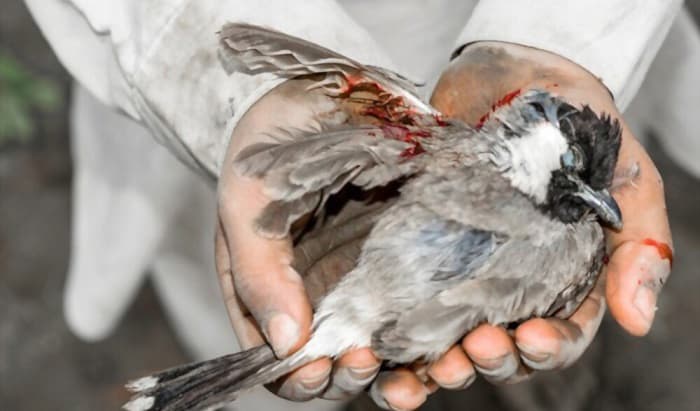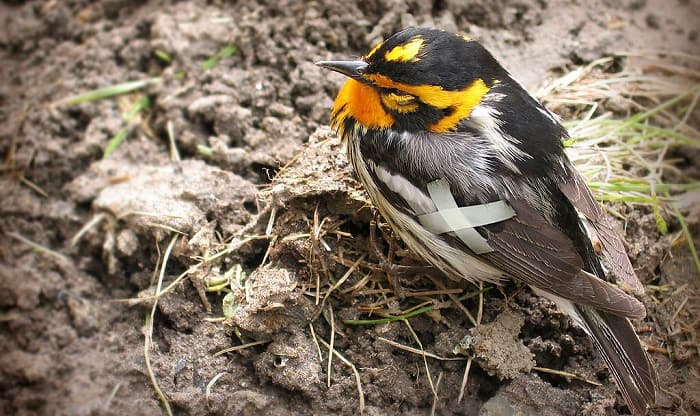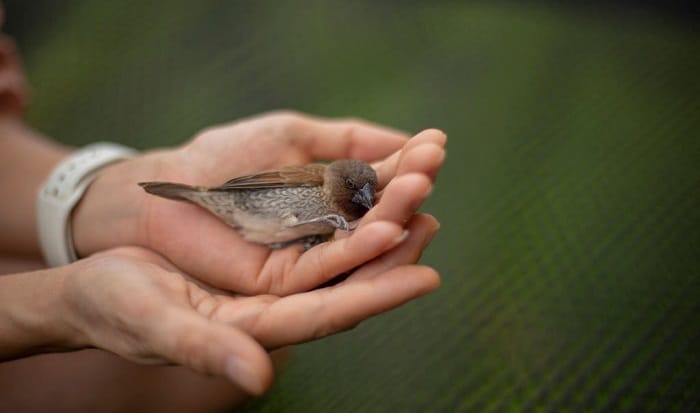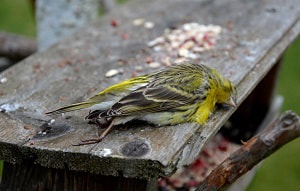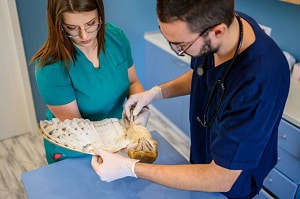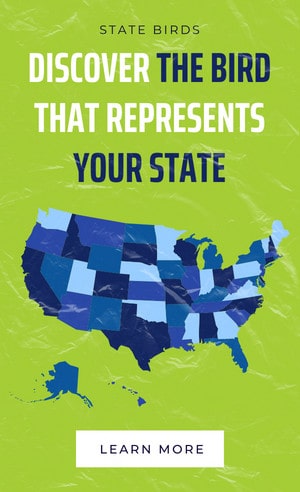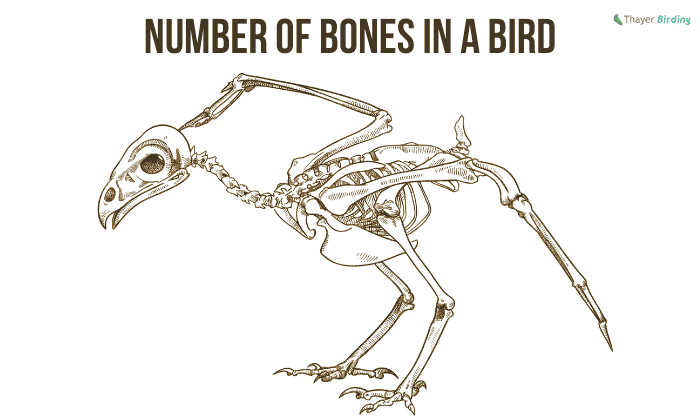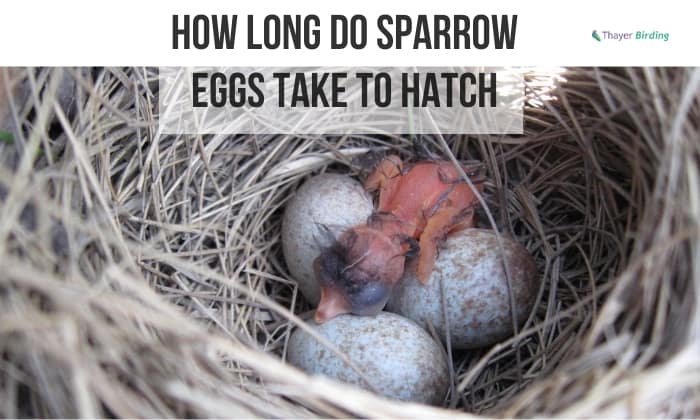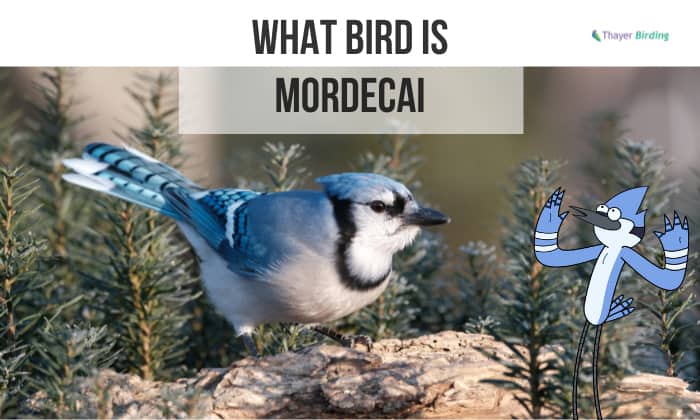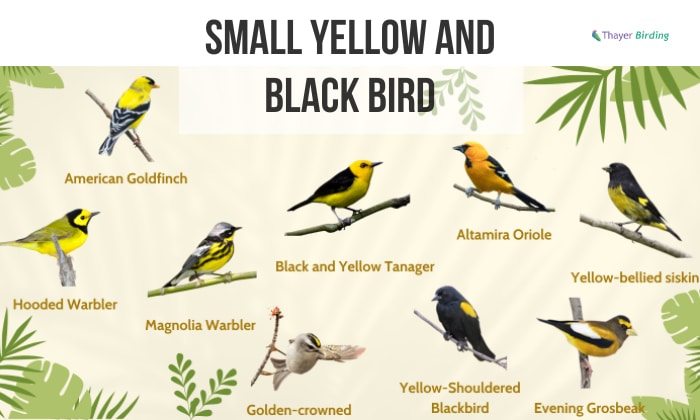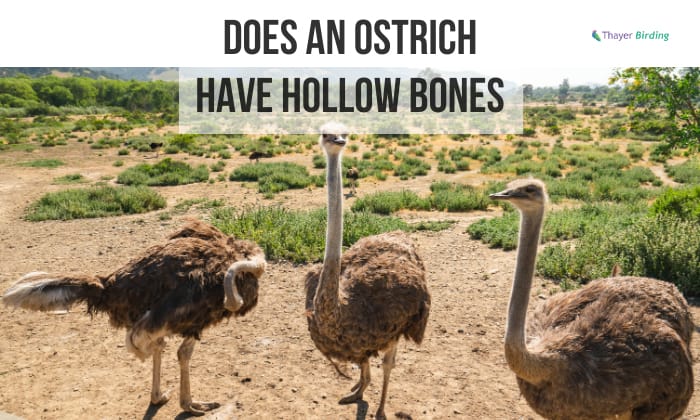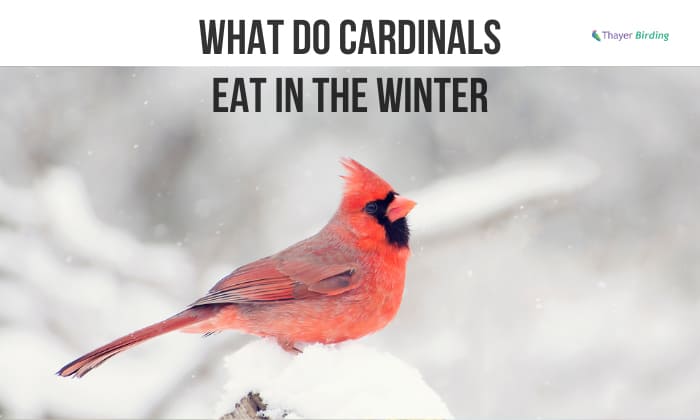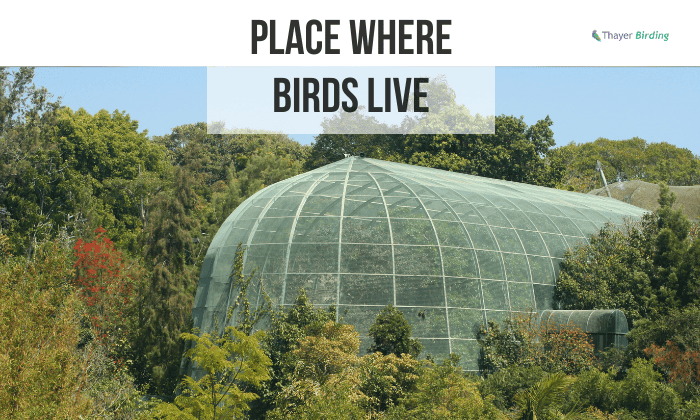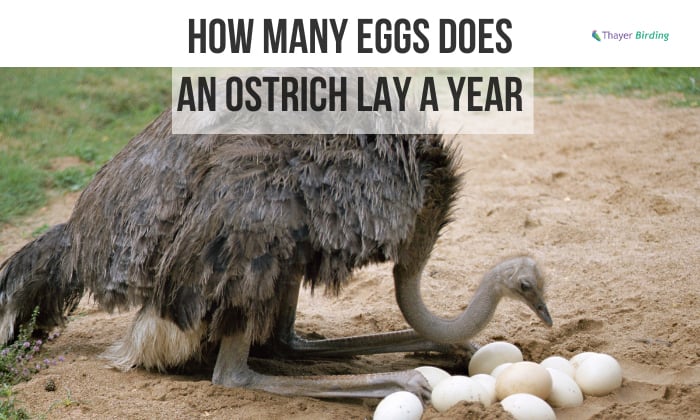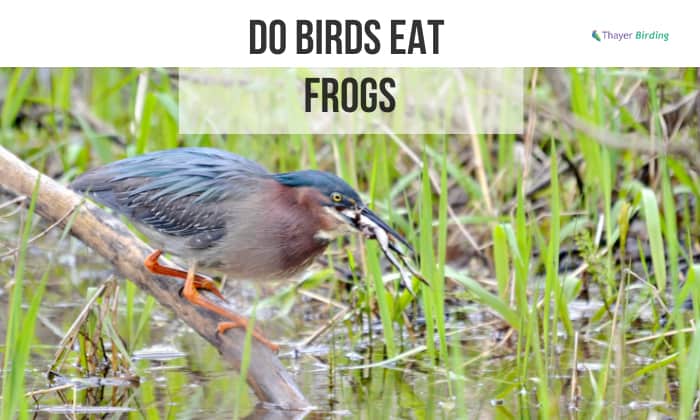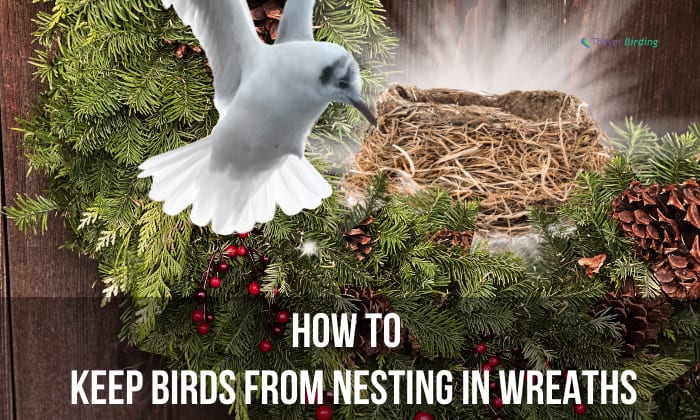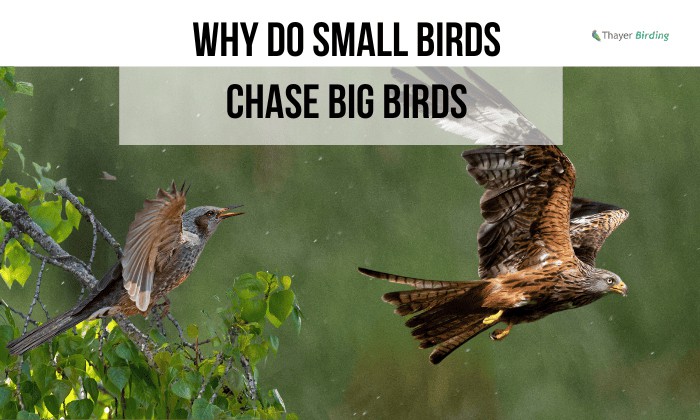Human nature dictates that we feel pity upon seeing a wounded fowl. But do you know exactly what to do if you find an injured bird? Can you be absolutely sure that you’re not harming the avian? To avoid giving the creature more pain, follow the guide we created for you.
The first thing you need to do is figure out the extent of the injury, age of the bird, wear protective gear, and then help the hurt fowl.
Table of Contents
Guide on What to Do in Finding an Injured Bird
Birds get hurt all the time, but humans rarely notice because they usually retire to an isolated place to recuperate. However, during the spring and summer months, wounded birds are a common sight because it’s the breeding season. And as a bird enthusiast, you’re curious as to how to help an injured bird.
You need to know that there are multiple ways in which fowls get injured. They can be hit by a car, collide with a glass window, attacked by a cat or dog, fall from the nest, harmed by larger birds, infected with illness, and hunted by humans.
1. Search For Signs Of Injury
If you find an immobile bird on the ground, chances are it’s hurt because fowls usually fly away when humans are near. The following signs indicate injury:
- Blood on the bird or near the scene
- Tremendously messed up feathers
- Swollen eyes or other parts of the body
- Obvious sight of injury or wound
- Dangling legs or broken wings
- Limping and cannot fly
2. Determine Age Of The Injured Bird
Before you start thinking where to bring an injured bird, determine the age of the fowl first. You can better help the wounded feathered creature if you know if the bird is a hatchling, nestling, fledgling, or adult.
- Hatchling – newborn baby bird with very few feathers and completely helpless.
- Nestling – around two weeks old, with full feathers, and can somewhat move on their own.
- Fledgling – ready to leave the nest and can survive on their own.
- Adult – usually a year old, and has the appearance of a fully-grown bird.
3. Gear Up!
It’s normal to feel protective of the bird, but you need to make your own safety your top priority before tending to bird injuries.
You need to wear gloves before you handle the injured avian. If you don’t have one with you, then search for a clean cloth, or any item that can be used to hold the fowl without touching it directly. And wash your hands properly after holding the bird.
Bird Diseases
Birds that can’t fly, are limping, or injured in any way deserve to be saved. But take note that fowls carry diseases that can affect humans. And though they’re mostly not fatal, it’s still better to be cautious in dealing with birds, especially injured ones.
Here’s a list of zoonoses, which are common bird diseases that are transferable to people:
- Avian influenza (AI) or bird flu
- Chlamydiosis
- Salmonellosis
- Colibacillosis
- Encephalitis viruses
- Avian tuberculosis
- Newcastle disease
- Cryptosporidiosis
Help the Injured Bird
If you find a bird with broken wing, leg, or any form of wound, then you have the option to call a local wildlife rehabilitator, or care for the fowl yourself. However, always remember that the task of nursing a bird, regardless of its age, is not easy. But with the right guidance, you can make this happen.
1. Prepare A Roost Box
To properly care for an injured bird, you need to prepare a clean cardboard box or a nest box. You can also use an old flower pot, shoe box, or basket. Whatever temporary nest you can find, place a heating pad on the base and top it with a clean towel.
Once the interim nest is ready, gently place the injured bird inside. And then cover it with a lightweight towel for more warmth and protection from predators.
2. Do Not Feed The Bird
While you treat an injured bird, it’s ideal not to feed it. This is because you’re not trained for the task. Feeding the wrong food to birds can be fatal.
3. Set It Free
Your quest to care for a bird sitting on ground not moving is admirable. But unless you have a license to have a pet bird, you can’t keep the fowl. After nursing the wounded avian back to health, you should set it free.
4. Contact a Professional Wildlife Rehabilitator
Since you have no proper training in nursing a wounded fowl, it’s best to leave the job to a professional.
Wondering who to call if you find an injured bird? Professional wildlife rehabilitators. There are always a bunch of them in every state, city, or town. Their job is to save injured birds from their fate, give them proper care, and rehabilitate them in the wild.
Simply search the internet for the contact information of a local injured bird hotline or google “injured wild bird rescue near me.” And then let the professionals do their job.
Conclusion
Finding out what to do if you find an injured bird is essential to saving a fowl’s life. Provide it with a temporary home and set it free. It’s important to understand that you cannot keep the avian, even if you’ve nursed it. Allow it to go back to the wild and be free in its natural habitat.
The best route to take is to contact a professional wildlife rehabilitator. They are trained to take care of injured fowls, and they have the tools to rescue them.
Kindly share this post and let us know your thoughts.

George and I became friends after a birdwatching trip with our new group. And we have been enjoying every adventure together. When he told me the idea of establishing a site that shares our experiences and fun, I immediately agreed. After trials and errors, here we have Thayerbirding.


